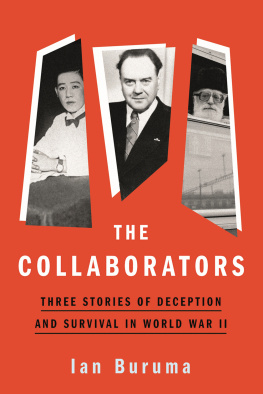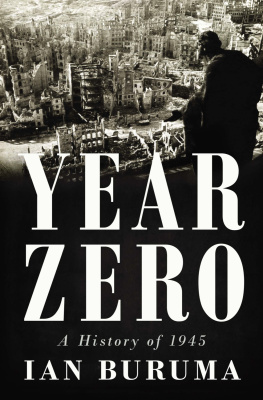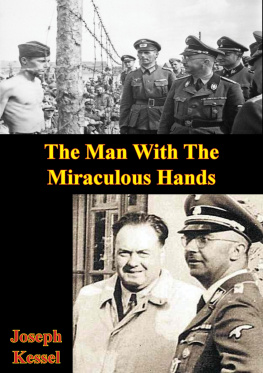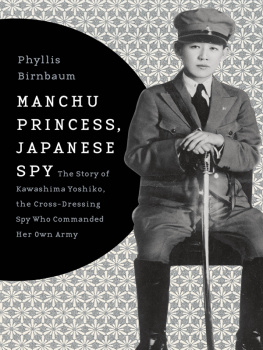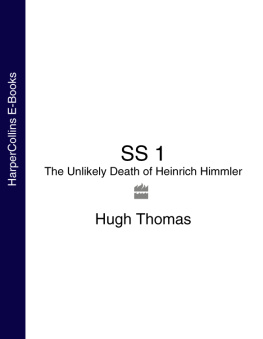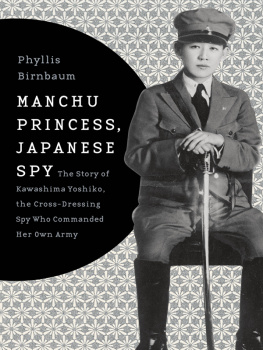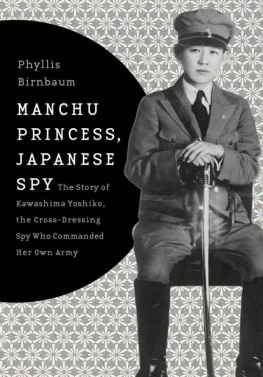Ian Buruma - The Collaborators: Three Stories of Deception and Survival in World War II
Here you can read online Ian Buruma - The Collaborators: Three Stories of Deception and Survival in World War II full text of the book (entire story) in english for free. Download pdf and epub, get meaning, cover and reviews about this ebook. City: New York, year: 2023, publisher: Penguin Press, genre: Non-fiction / History. Description of the work, (preface) as well as reviews are available. Best literature library LitArk.com created for fans of good reading and offers a wide selection of genres:
Romance novel
Science fiction
Adventure
Detective
Science
History
Home and family
Prose
Art
Politics
Computer
Non-fiction
Religion
Business
Children
Humor
Choose a favorite category and find really read worthwhile books. Enjoy immersion in the world of imagination, feel the emotions of the characters or learn something new for yourself, make an fascinating discovery.
- Book:The Collaborators: Three Stories of Deception and Survival in World War II
- Author:
- Publisher:Penguin Press
- Genre:
- Year:2023
- City:New York
- Rating:4 / 5
- Favourites:Add to favourites
- Your mark:
The Collaborators: Three Stories of Deception and Survival in World War II: summary, description and annotation
We offer to read an annotation, description, summary or preface (depends on what the author of the book "The Collaborators: Three Stories of Deception and Survival in World War II" wrote himself). If you haven't found the necessary information about the book — write in the comments, we will try to find it.
On the face of it, the three characters in this book seem to have little in commonaside from the fact that each committed wartime acts that led some to see them as national heroes, and others as villains. All three were mythmakers, larger-than-life storytellers, for whom the truth was beside the point. Felix Kersten was a plump Finnish pleasure-seeker who became Heinrich Himmlers indispensable personal masseurHimmler calling him his magic Buddha. Kersten presented himself after the war as a resistance hero who convinced Himmler to save countless people from mass murder. Kawashima Yoshiko, a gender-fluid Manchu princess, spied for the Japanese secret police in China, and was mythologized by the Japanese as a heroic combination of Mata Hari and Joan of Arc. Friedrich Weinreb was a Hasidic Jew in Holland who took large amounts of money from fellow Jews in an imaginary scheme to save them from deportation, while in fact betraying some of them to the German secret police. Sentenced after the war as a con artist, he was regarded regarded by supporters as the Dutch Dreyfus.
All three figures have been vilified and mythologized, out of a never-ending need, Ian Buruma argues, to see history, and particularly war, and above all World War II, as a neat story of angels and devils. The Collaborators is a fascinating reconstruction of what in fact we can know about these incredible figures and what will always remain out of reach. What emerges is all the more mesmerizing for being painted in chiaroscuro. In times of life-and-death stakes, the truth quickly gets buried under lies and self-deception. Now, when demagogues abroad and at home are assaulting the truth once more, the stories of the collaborators and their lessons are indispensable.
Ian Buruma: author's other books
Who wrote The Collaborators: Three Stories of Deception and Survival in World War II? Find out the surname, the name of the author of the book and a list of all author's works by series.

